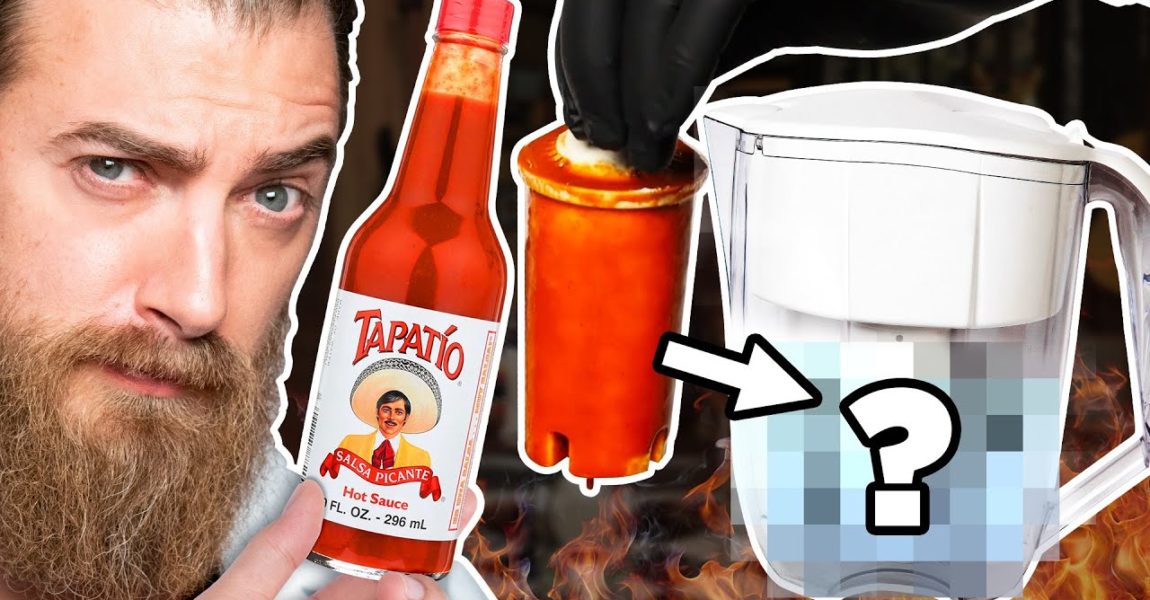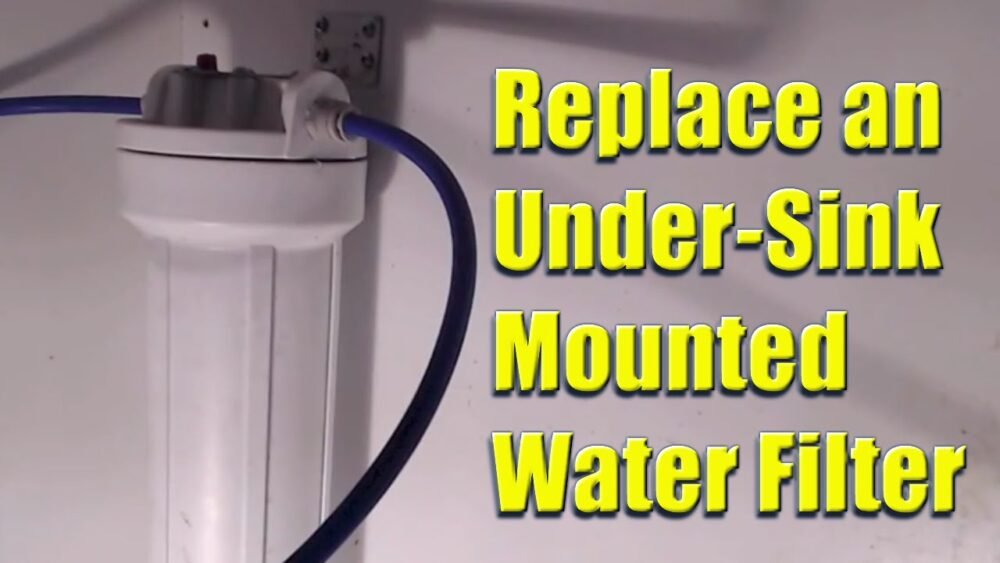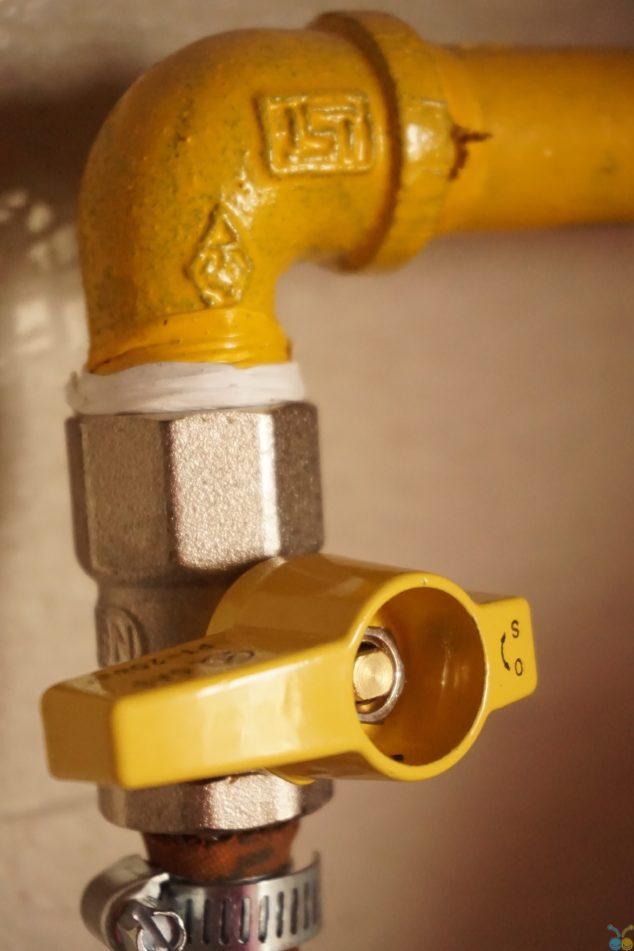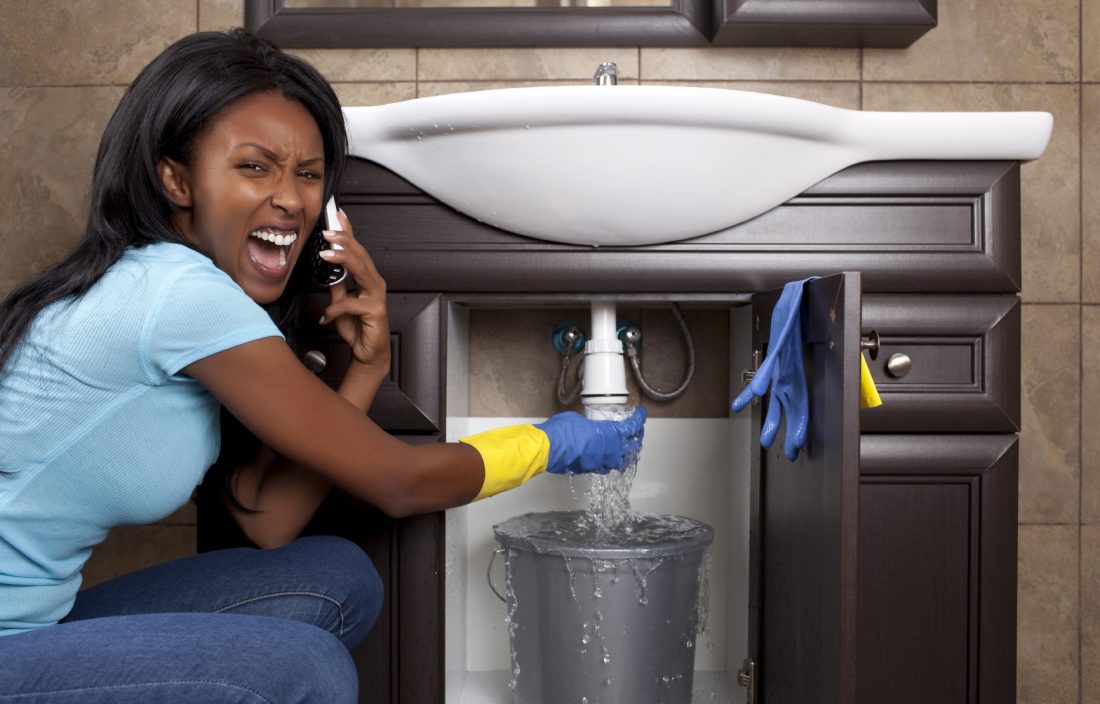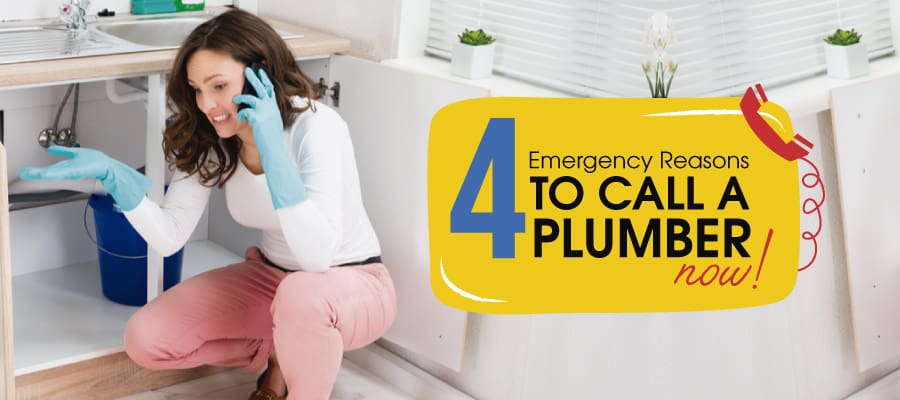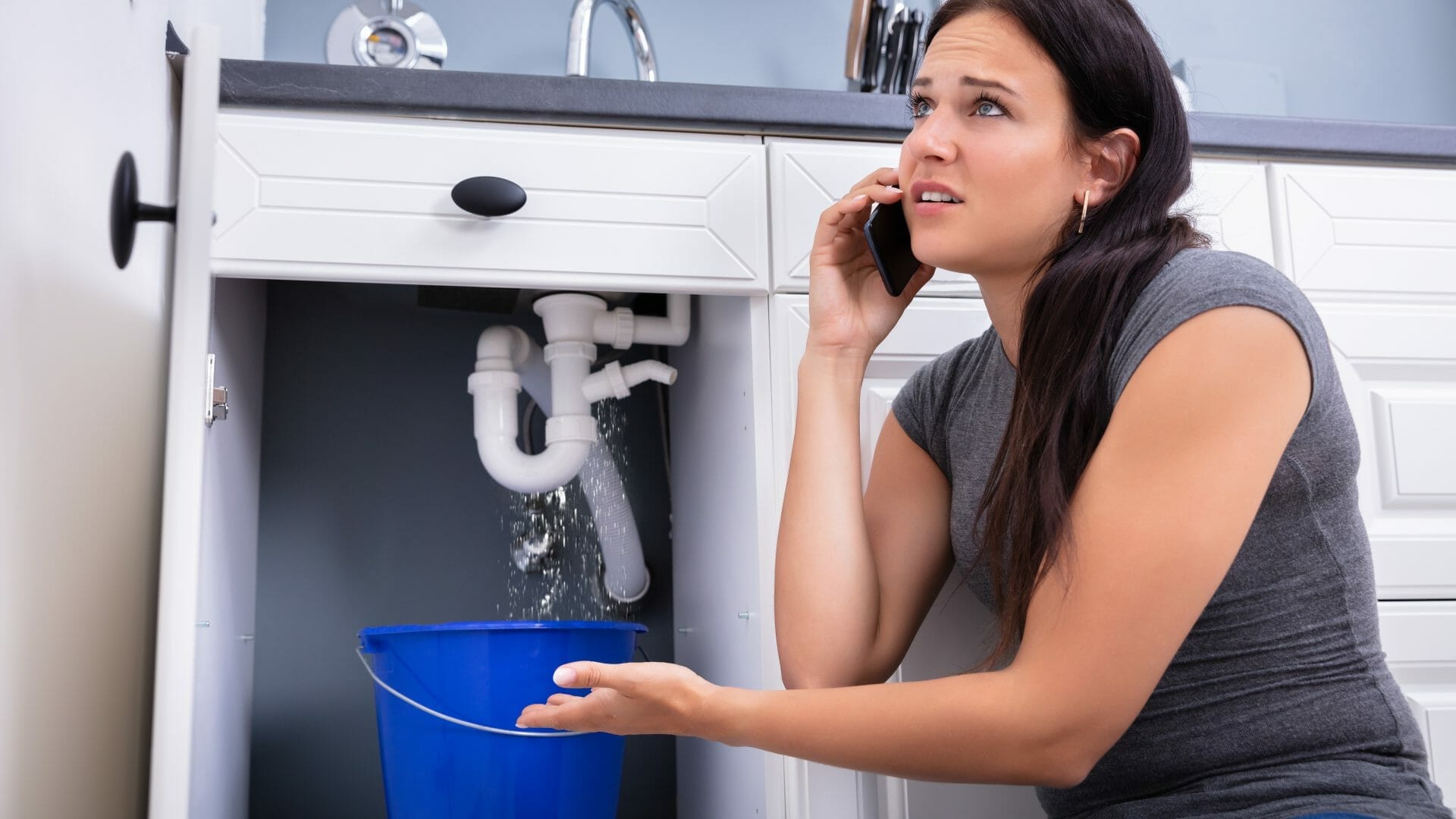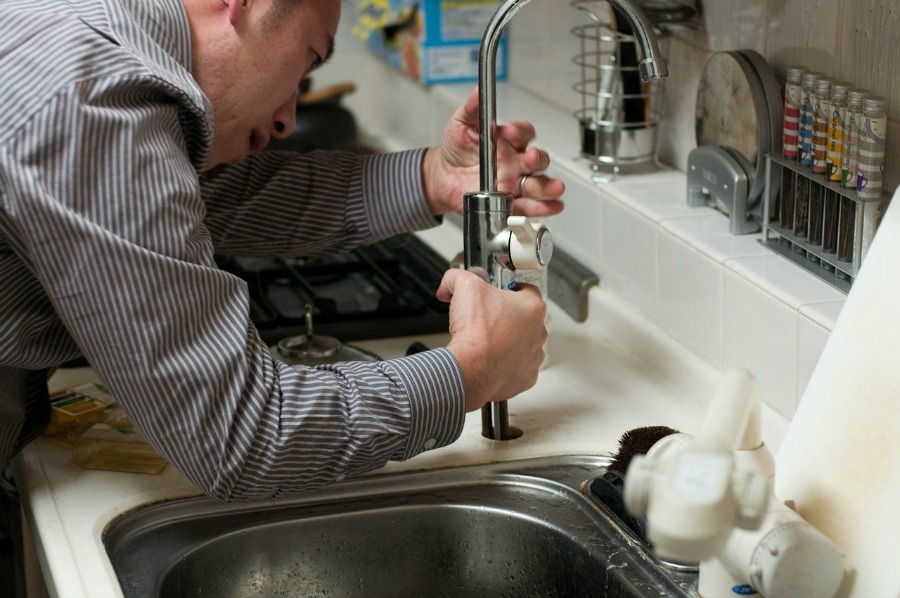One of the first things you should do if you have no cold water in your kitchen sink is to check the water supply valve. This valve controls the flow of water into your home and can sometimes get accidentally turned off or partially closed. Look under your sink or in the basement near the water meter to locate the valve. Make sure it is fully open and if it isn't, turn it until the handle is parallel to the pipe.Check the water supply valve
The faucet aerator is a small screen located at the end of your faucet spout. It helps to regulate the water flow and can sometimes get clogged with debris or mineral buildup. To check if this is the cause of your no cold water issue, unscrew the aerator from the spout and clean it off with a toothbrush or small brush. Then, reattach it and see if you have cold water again.Check the faucet aerator
If you live in an area with cold winters, it's possible that your pipes have frozen and are causing the lack of cold water in your kitchen sink. Check your pipes for any visible signs of freezing, such as frost or ice buildup. If you find a frozen pipe, you can try using a hairdryer to thaw it out. However, if you're unsure or unable to safely thaw the pipe, it's best to call a plumber.Check for frozen pipes
If your kitchen sink is connected to a hot water heater, it's possible that the issue lies with the heater itself. Check to see if your hot water is working in other areas of your home. If it's not, then the problem is likely with the heater. You may need to reset it or call a professional for repairs.Check the water heater
A clogged pipe can also cause a lack of cold water in your kitchen sink. This can happen if the pipe is clogged with debris or if there is a buildup of minerals. To check for a clog, you can try using a plunger or a plumbing snake to clear the blockage. If the clog is too severe, it's best to call a plumber for assistance.Check for a clogged pipe
In some cases, low water pressure can be the culprit behind your no cold water issue. This can happen if there is a blockage or leak in your pipes. Check the water pressure in other areas of your home and if it's low throughout, you may need to call a professional to assess the problem and make any necessary repairs.Check the water pressure
If the water supply valve is not the issue, it's possible that there is a faulty valve specifically for your cold water. This valve controls the flow of cold water into your kitchen sink and can sometimes malfunction. If you suspect this is the case, it's best to call a plumber to properly diagnose and fix the issue.Check for a faulty valve
In rare cases, a broken pipe can be the cause of no cold water in your kitchen sink. This can happen if the pipe has burst or cracked due to freezing temperatures or other factors. If you suspect a broken pipe, it's important to call a plumber immediately to prevent further damage and to get the issue resolved as soon as possible.Check for a broken pipe
If your kitchen sink has a water filter, it's possible that it needs to be replaced or cleaned. Check the instructions for your specific filter and follow the recommended maintenance schedule. If your filter is old or hasn't been replaced in a while, this could be the reason for your lack of cold water.Check the water filter
If you've tried all of the above solutions and still have no cold water in your kitchen sink, it's time to call a plumber. They will have the expertise and tools to properly diagnose and fix the issue. It's important not to ignore this problem, as it could lead to further damage and potentially higher repair costs in the future. If you're experiencing no cold water in your kitchen sink during the winter, it's important to act quickly and address the issue. By checking the water supply valve, faucet aerator, and other possible causes, you may be able to fix the problem on your own. But if the issue persists, don't hesitate to call a professional for assistance. By taking care of the issue promptly, you can ensure that you have access to cold water in your kitchen throughout the winter season.Call a plumber
The Importance of Proper Plumbing in House Design
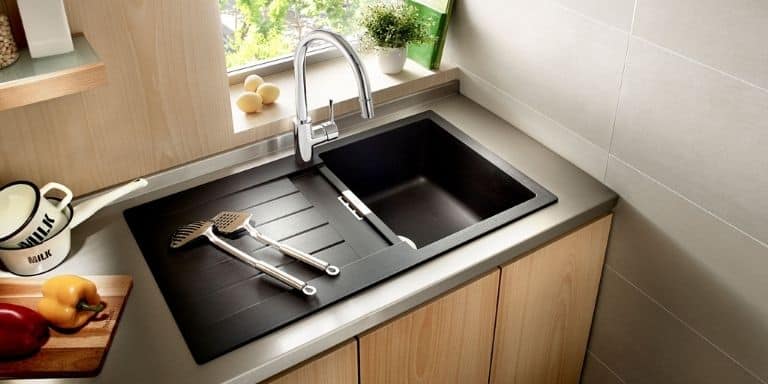
Why Having No Cold Water in Your Kitchen Sink During Winter is a Cause for Concern
 When designing a house, many people tend to focus on aesthetics and functionality without considering the importance of proper plumbing. However, the reality is that plumbing plays a crucial role in the overall design of a house. From providing clean water to disposing of waste, a well-designed plumbing system is essential for a comfortable and healthy living environment.
One common issue that homeowners face, especially during the winter months, is the lack of cold water in their kitchen sink. This can be a frustrating and inconvenient problem to have, but it should not be ignored. The lack of cold water in the kitchen sink can be a symptom of a larger plumbing issue that needs to be addressed.
One of the main culprits behind this issue is frozen pipes. During the colder months, the water in the pipes can freeze, causing them to expand and potentially burst. This not only cuts off the water supply to your kitchen sink but can also cause extensive damage to your plumbing system and even your home. This is why it is crucial to properly insulate your pipes and take preventive measures to avoid frozen pipes.
Another reason for the lack of cold water in the kitchen sink could be a faulty or malfunctioning water heater. If your water heater is not working properly, it can affect the temperature of the water coming out of your kitchen sink. In some cases, the water heater may need to be repaired or replaced, which can be a costly and time-consuming process.
Properly designing your plumbing system can also prevent issues with hot and cold water distribution. If your hot water pipes are too close to your cold water pipes, the hot water can transfer heat to the cold water, resulting in lukewarm water coming out of your kitchen sink. This can be easily avoided by ensuring that there is enough distance between the two pipes during the house design process.
In conclusion, having no cold water in your kitchen sink during winter is not a problem that should be taken lightly. It could be a sign of more significant plumbing issues that need to be addressed. Proper house design, including insulation of pipes and proper placement of hot and cold water pipes, can prevent this issue and ensure a smooth and functional plumbing system. So, the next time you are designing a house, make sure to give proper attention to your plumbing system to avoid any potential problems in the future.
When designing a house, many people tend to focus on aesthetics and functionality without considering the importance of proper plumbing. However, the reality is that plumbing plays a crucial role in the overall design of a house. From providing clean water to disposing of waste, a well-designed plumbing system is essential for a comfortable and healthy living environment.
One common issue that homeowners face, especially during the winter months, is the lack of cold water in their kitchen sink. This can be a frustrating and inconvenient problem to have, but it should not be ignored. The lack of cold water in the kitchen sink can be a symptom of a larger plumbing issue that needs to be addressed.
One of the main culprits behind this issue is frozen pipes. During the colder months, the water in the pipes can freeze, causing them to expand and potentially burst. This not only cuts off the water supply to your kitchen sink but can also cause extensive damage to your plumbing system and even your home. This is why it is crucial to properly insulate your pipes and take preventive measures to avoid frozen pipes.
Another reason for the lack of cold water in the kitchen sink could be a faulty or malfunctioning water heater. If your water heater is not working properly, it can affect the temperature of the water coming out of your kitchen sink. In some cases, the water heater may need to be repaired or replaced, which can be a costly and time-consuming process.
Properly designing your plumbing system can also prevent issues with hot and cold water distribution. If your hot water pipes are too close to your cold water pipes, the hot water can transfer heat to the cold water, resulting in lukewarm water coming out of your kitchen sink. This can be easily avoided by ensuring that there is enough distance between the two pipes during the house design process.
In conclusion, having no cold water in your kitchen sink during winter is not a problem that should be taken lightly. It could be a sign of more significant plumbing issues that need to be addressed. Proper house design, including insulation of pipes and proper placement of hot and cold water pipes, can prevent this issue and ensure a smooth and functional plumbing system. So, the next time you are designing a house, make sure to give proper attention to your plumbing system to avoid any potential problems in the future.
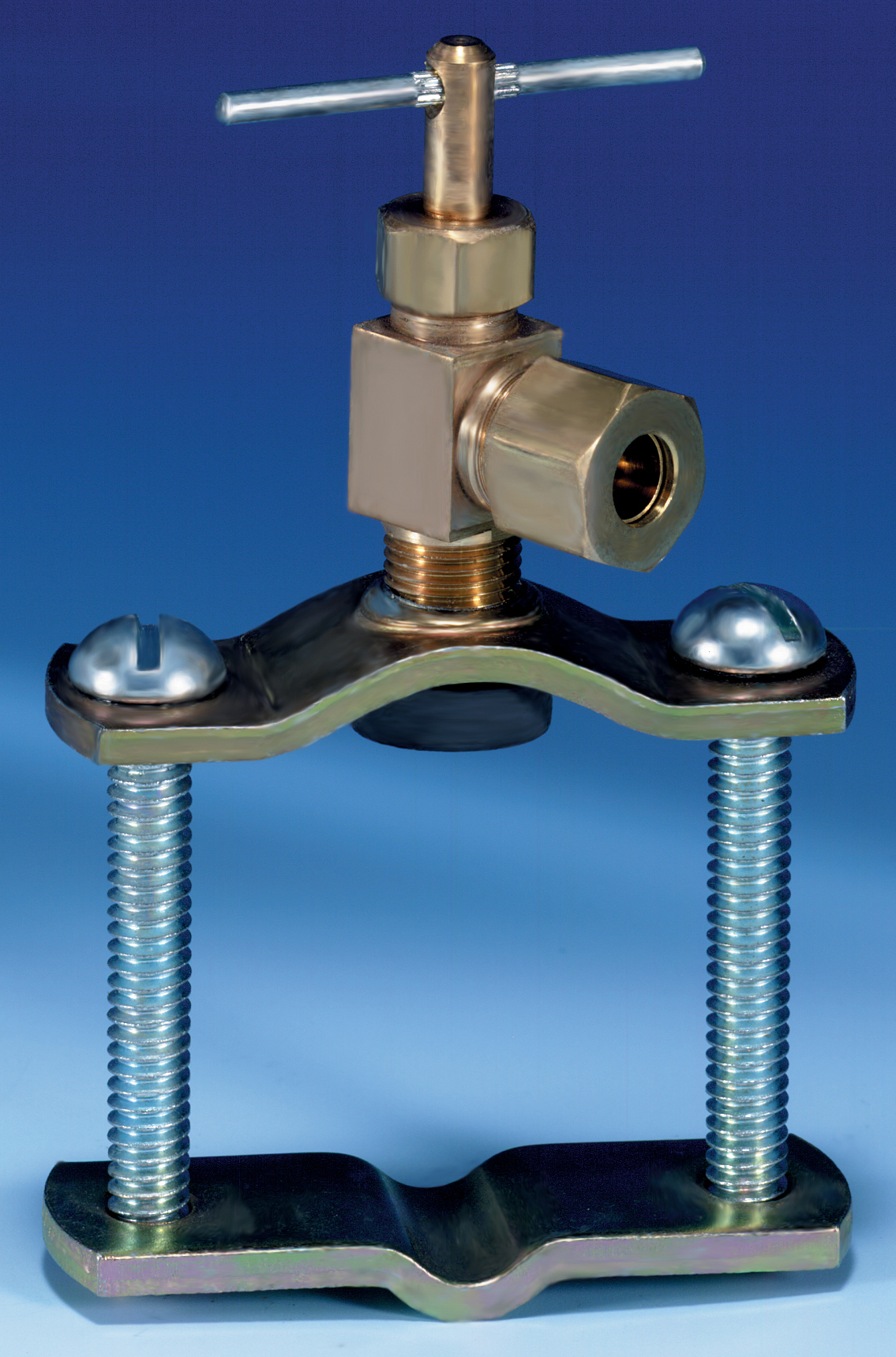





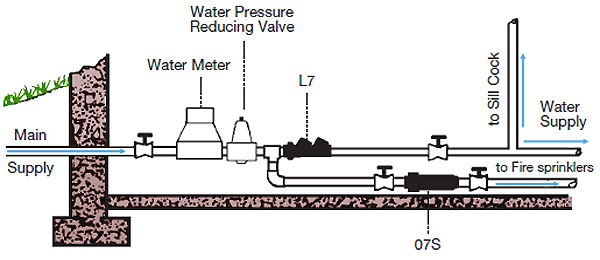




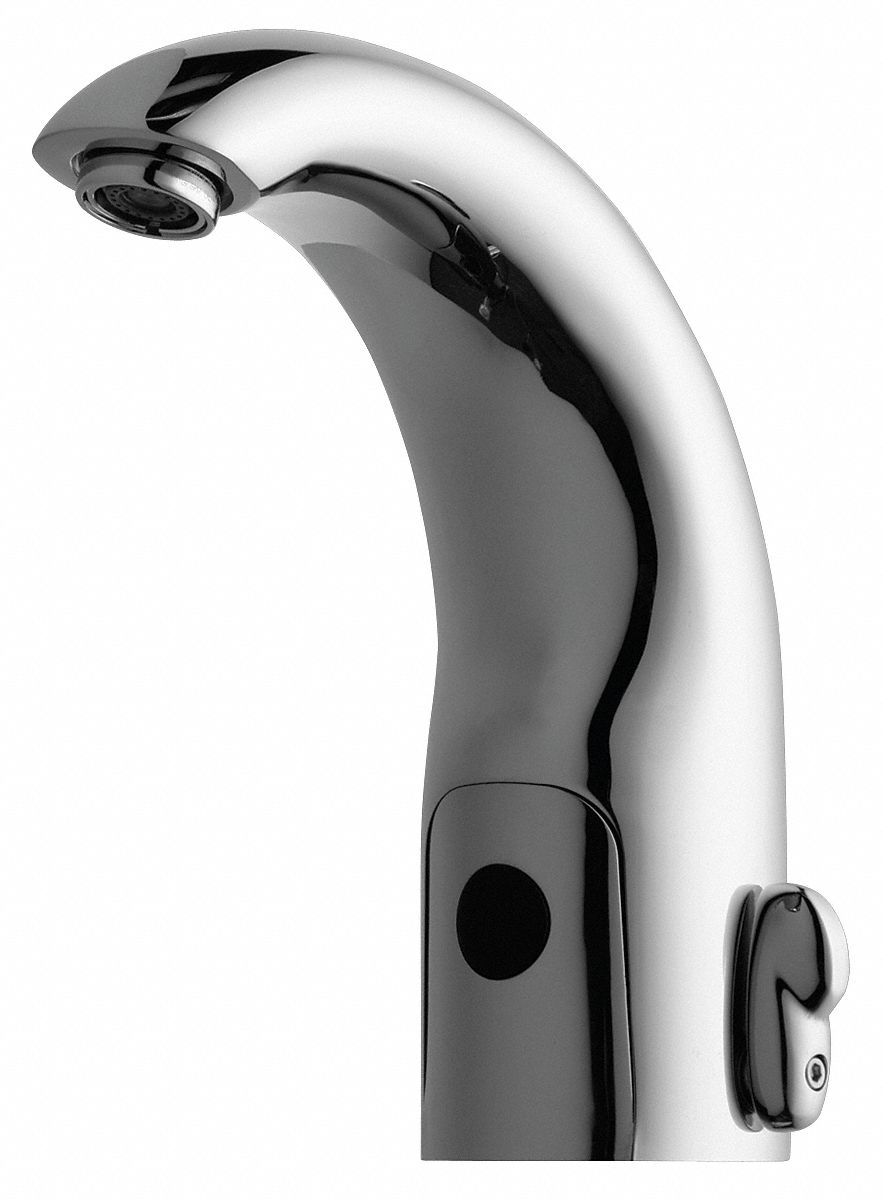
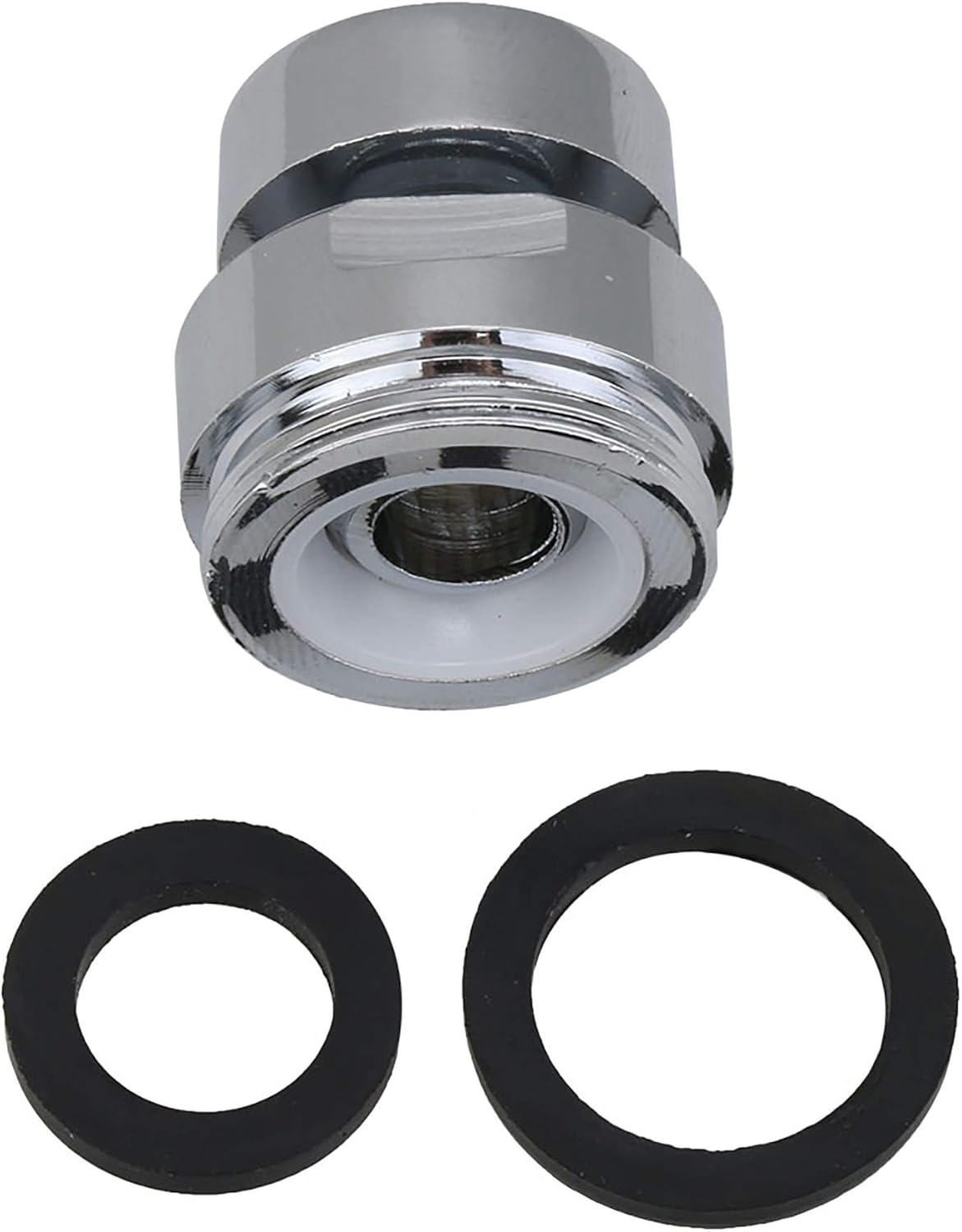
/fixing-a-tap-459986221-5afc675431283400371f7872.jpg)



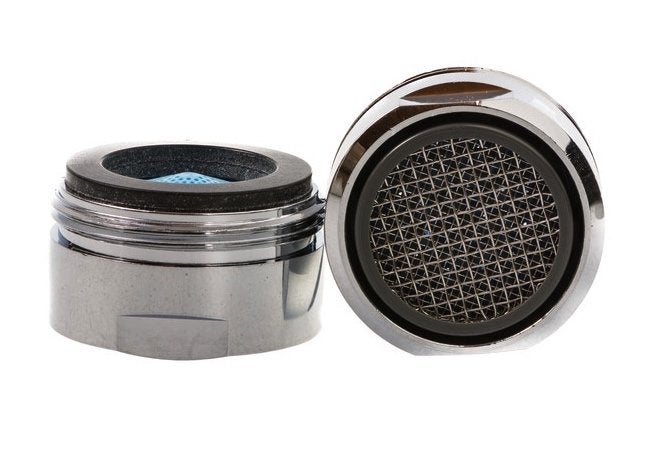

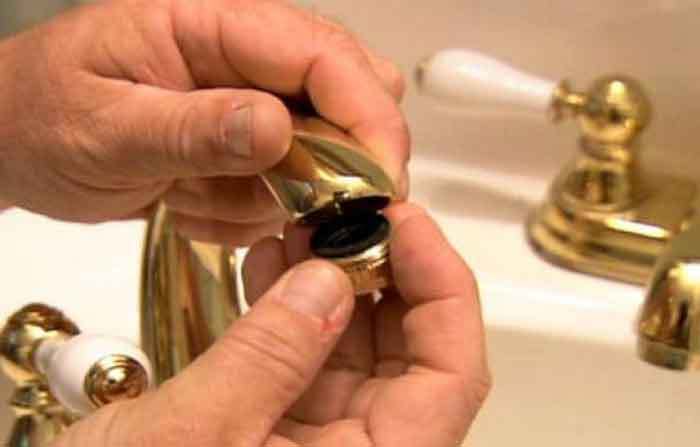
/cleaning-the-aerator-from-deposits--the-girl-hand-washes-a-dirty-limestone-aerator-with-water-1126244919-72868100964f42d5aa564a928371fea5.jpg)

/SinkAerator-87017aa9831f4f89a2f3d304b8465e6c.jpg)





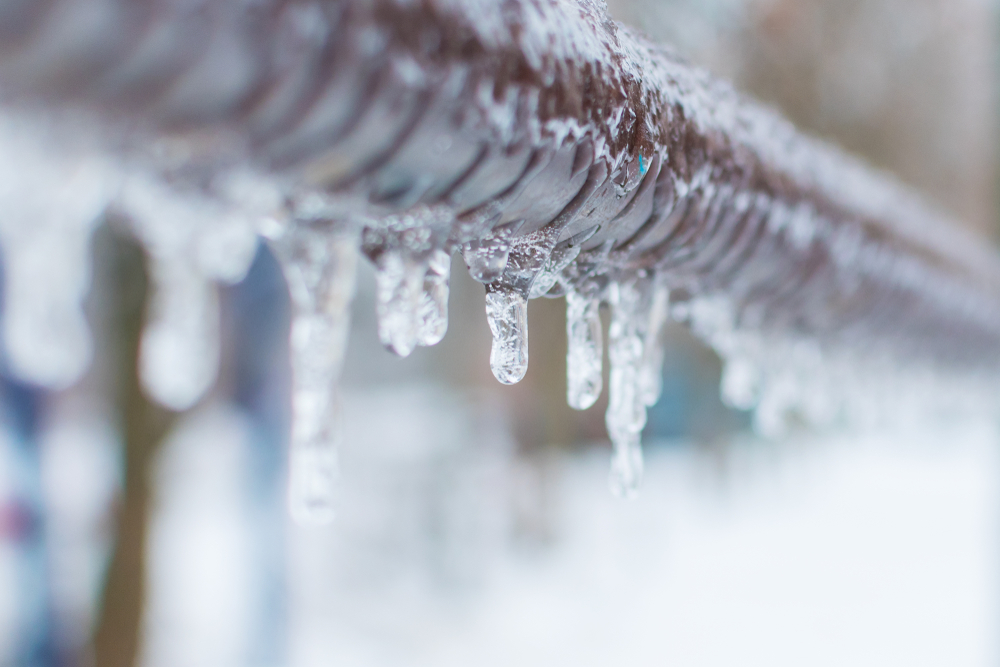
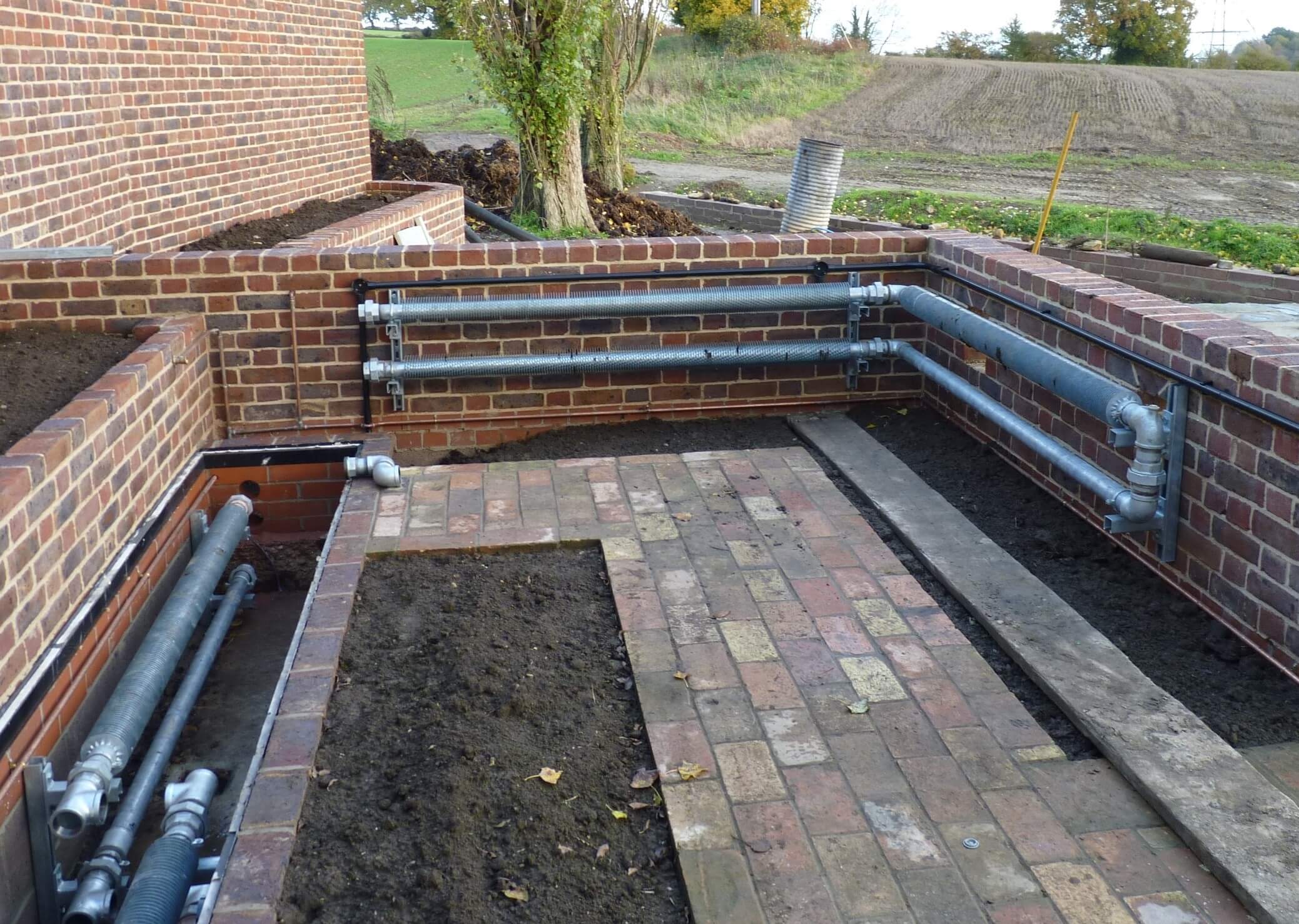



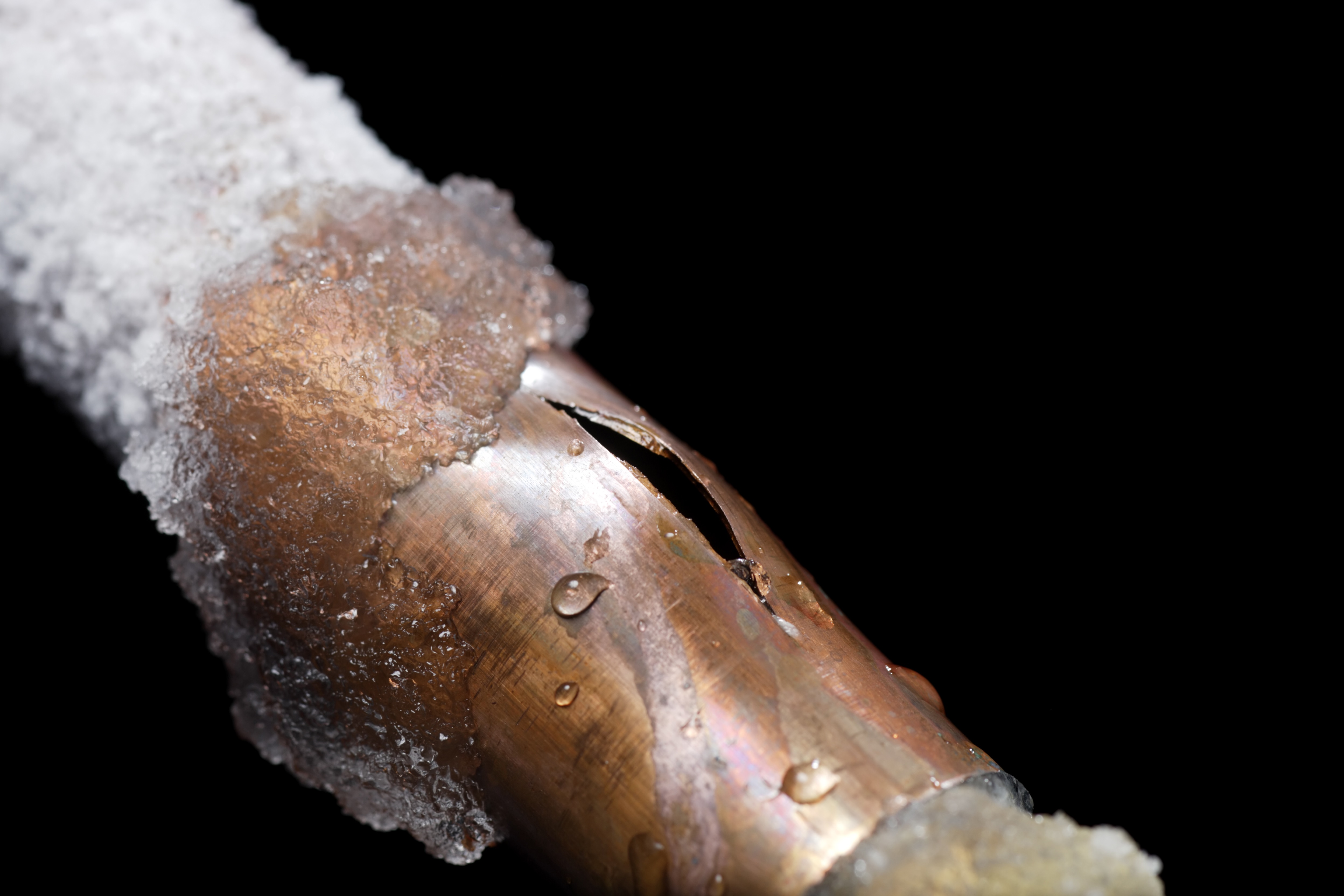


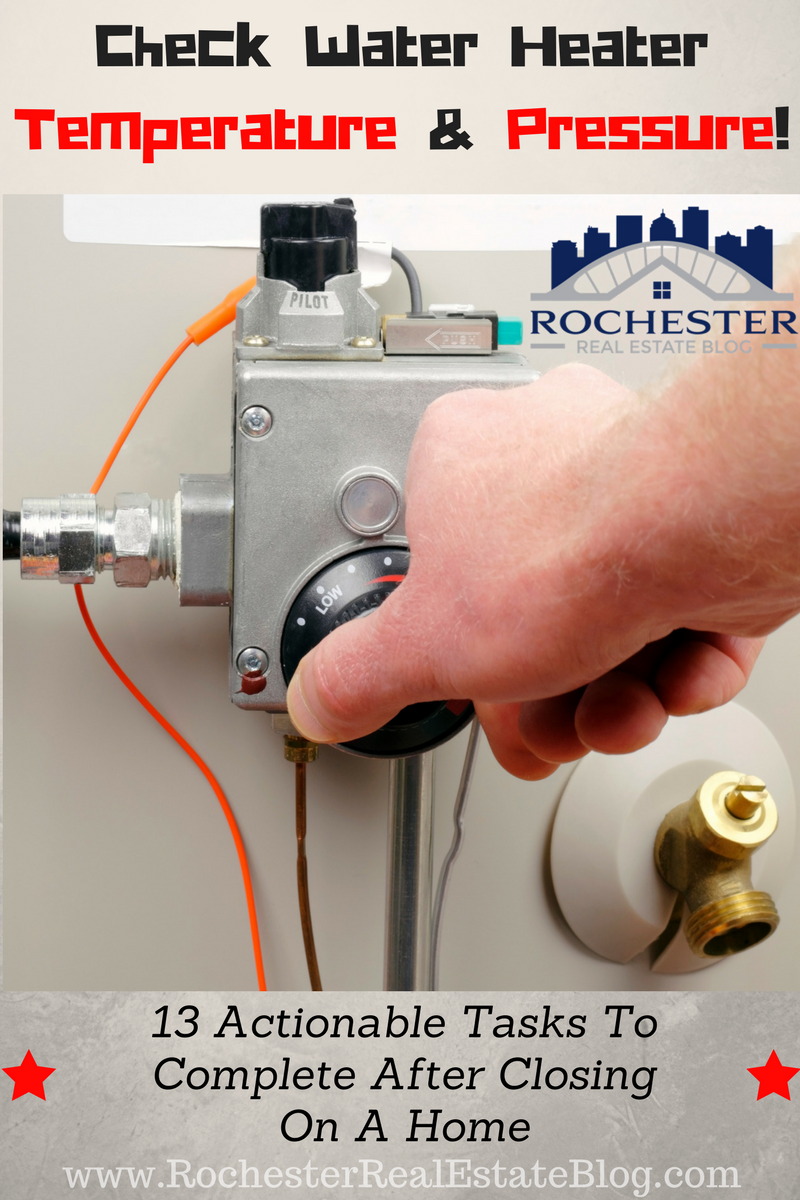



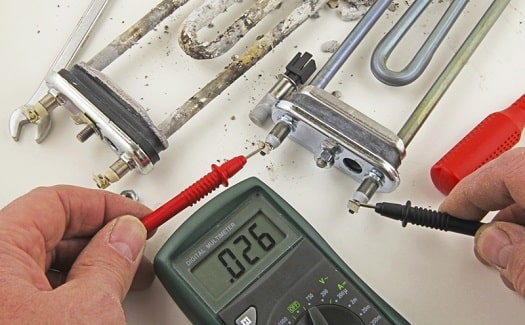

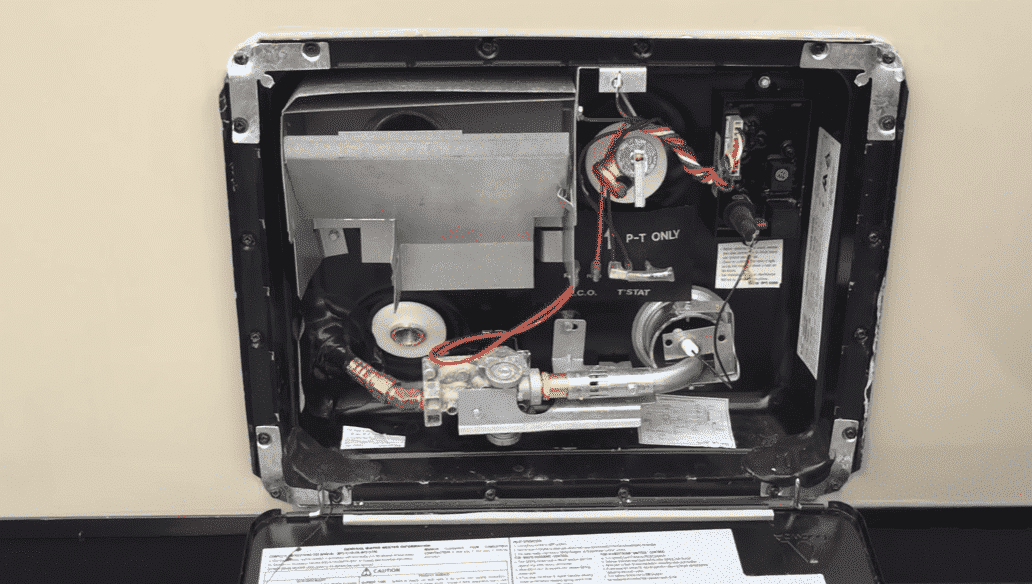

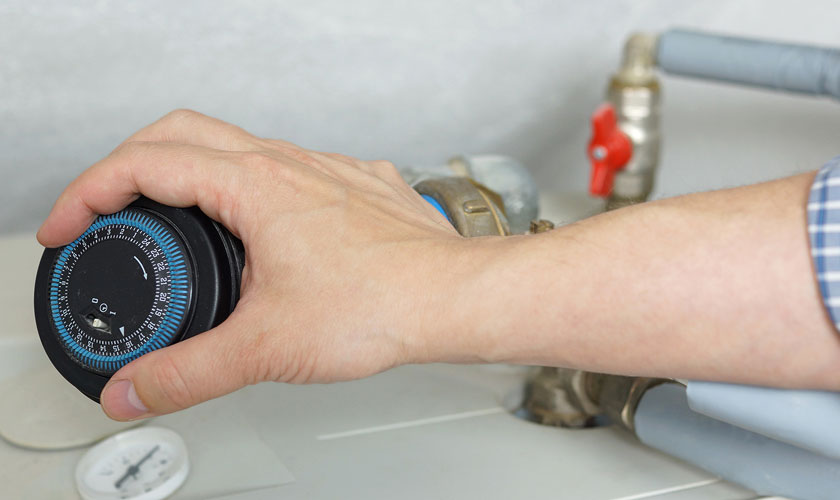

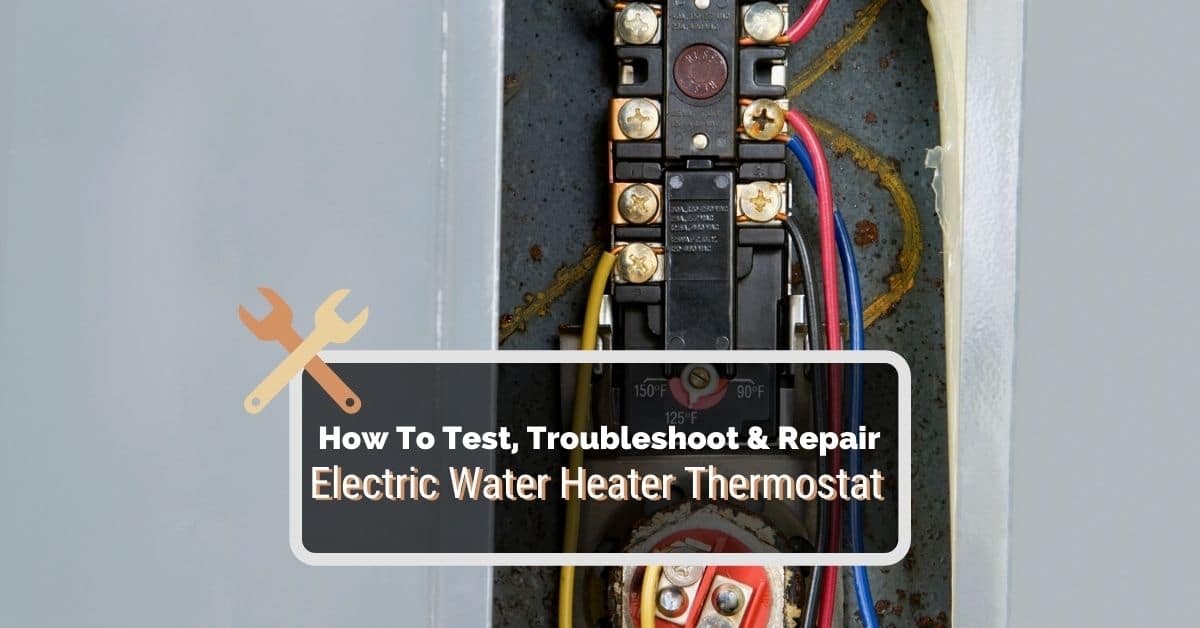
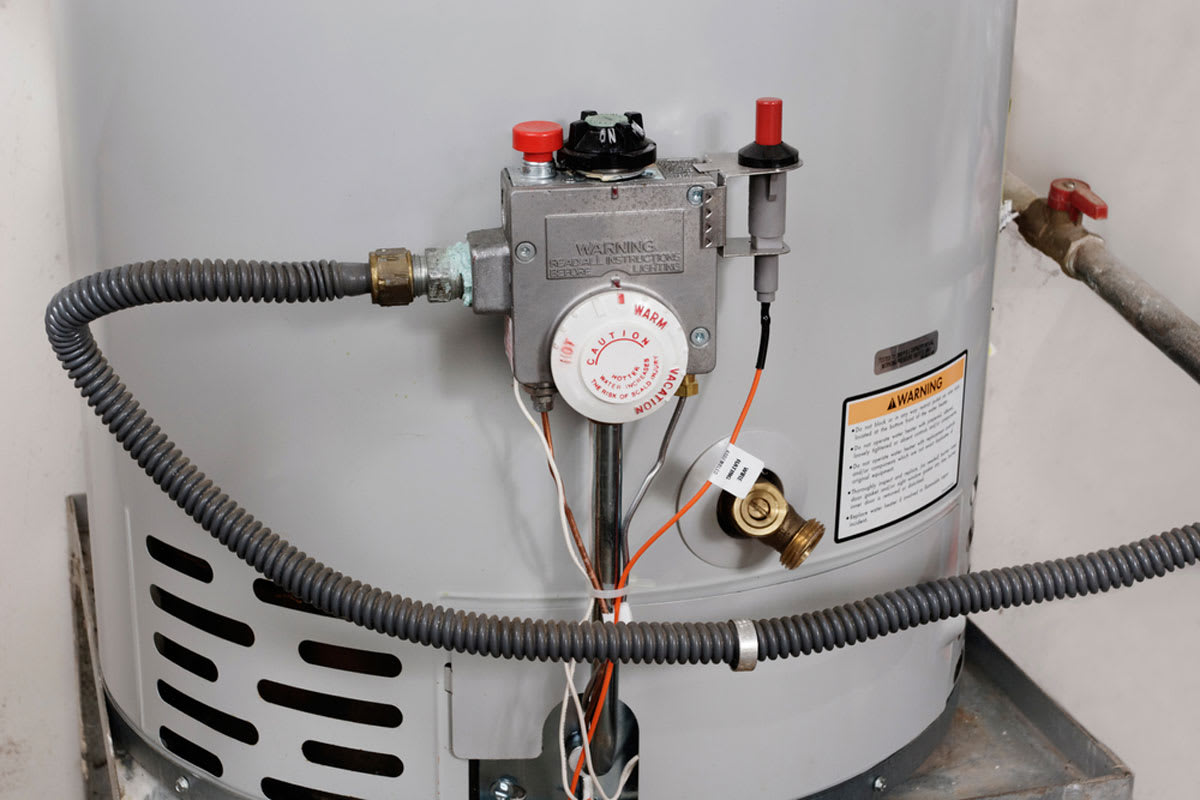




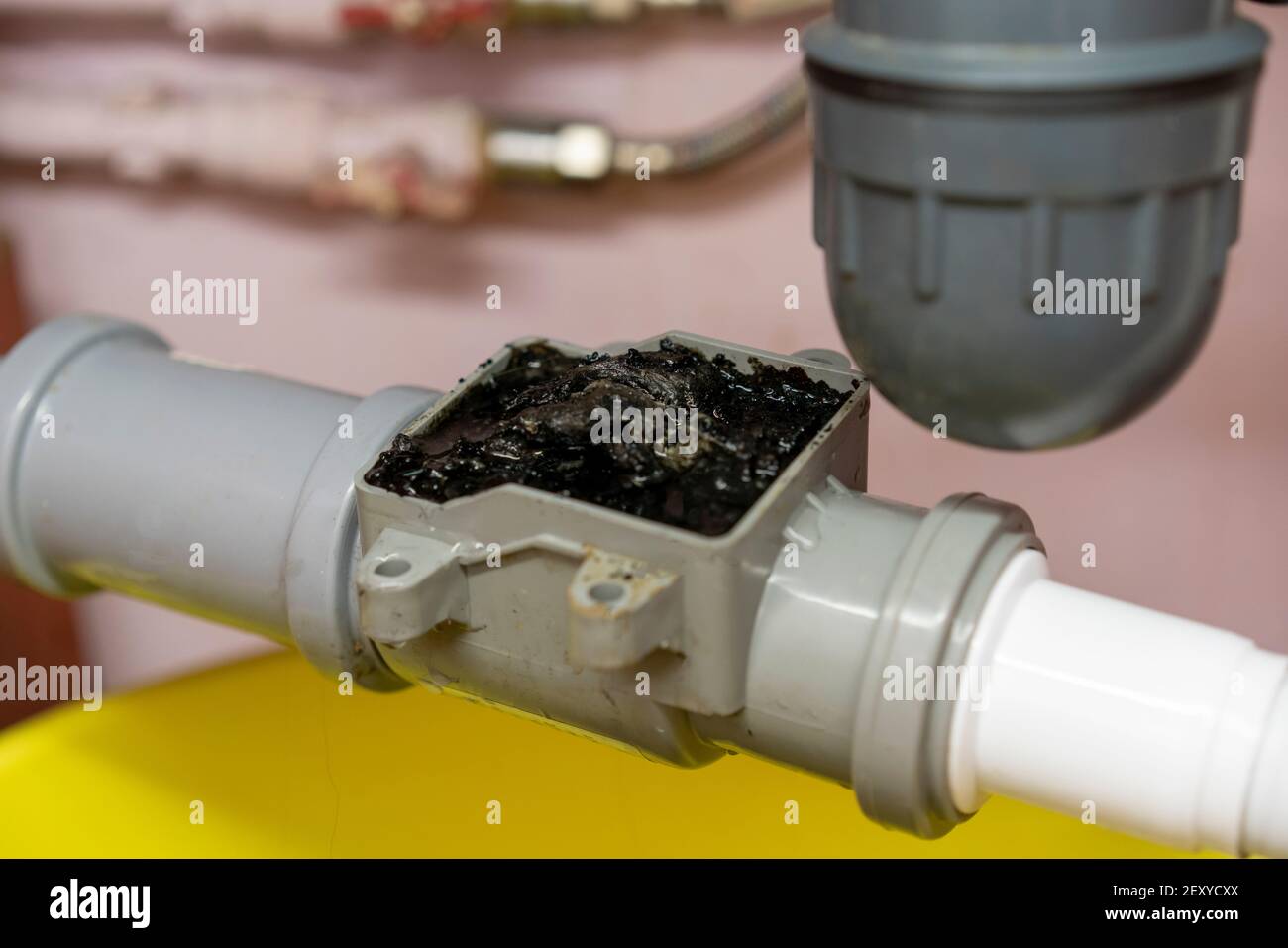


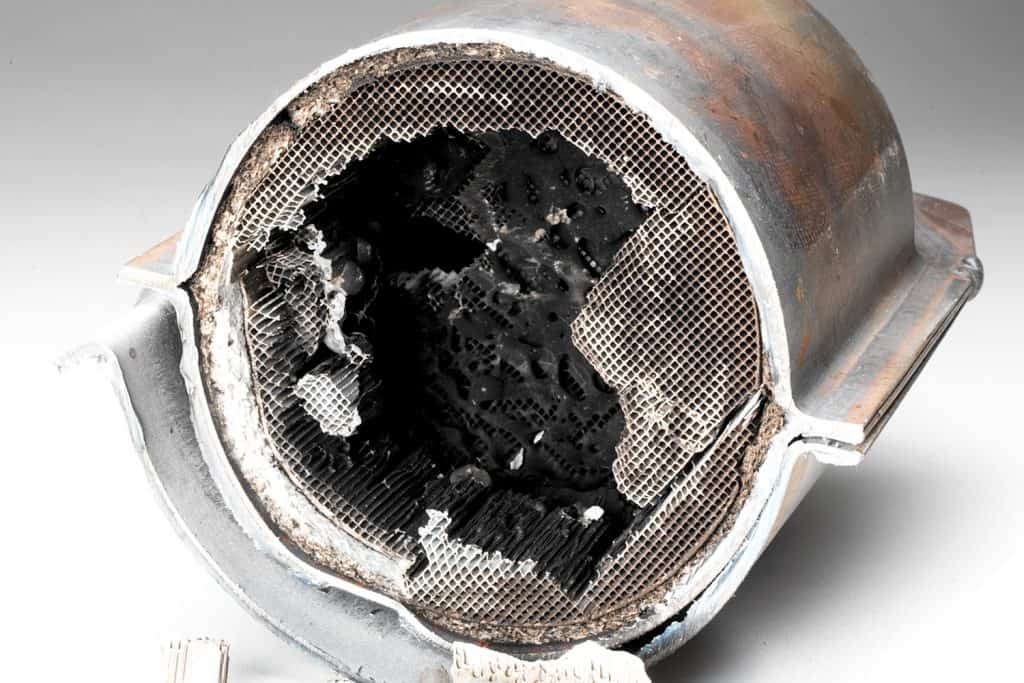
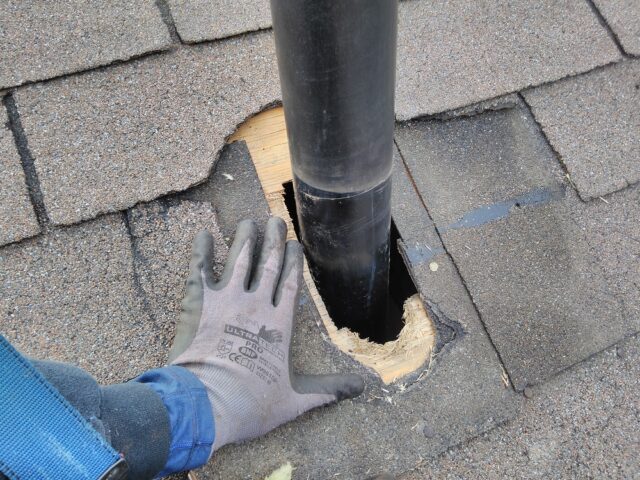
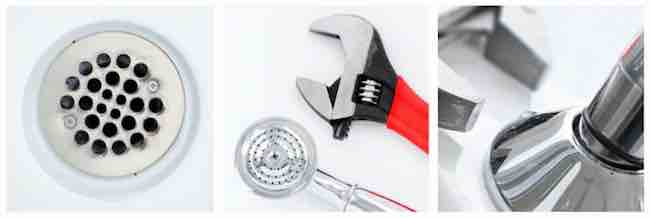

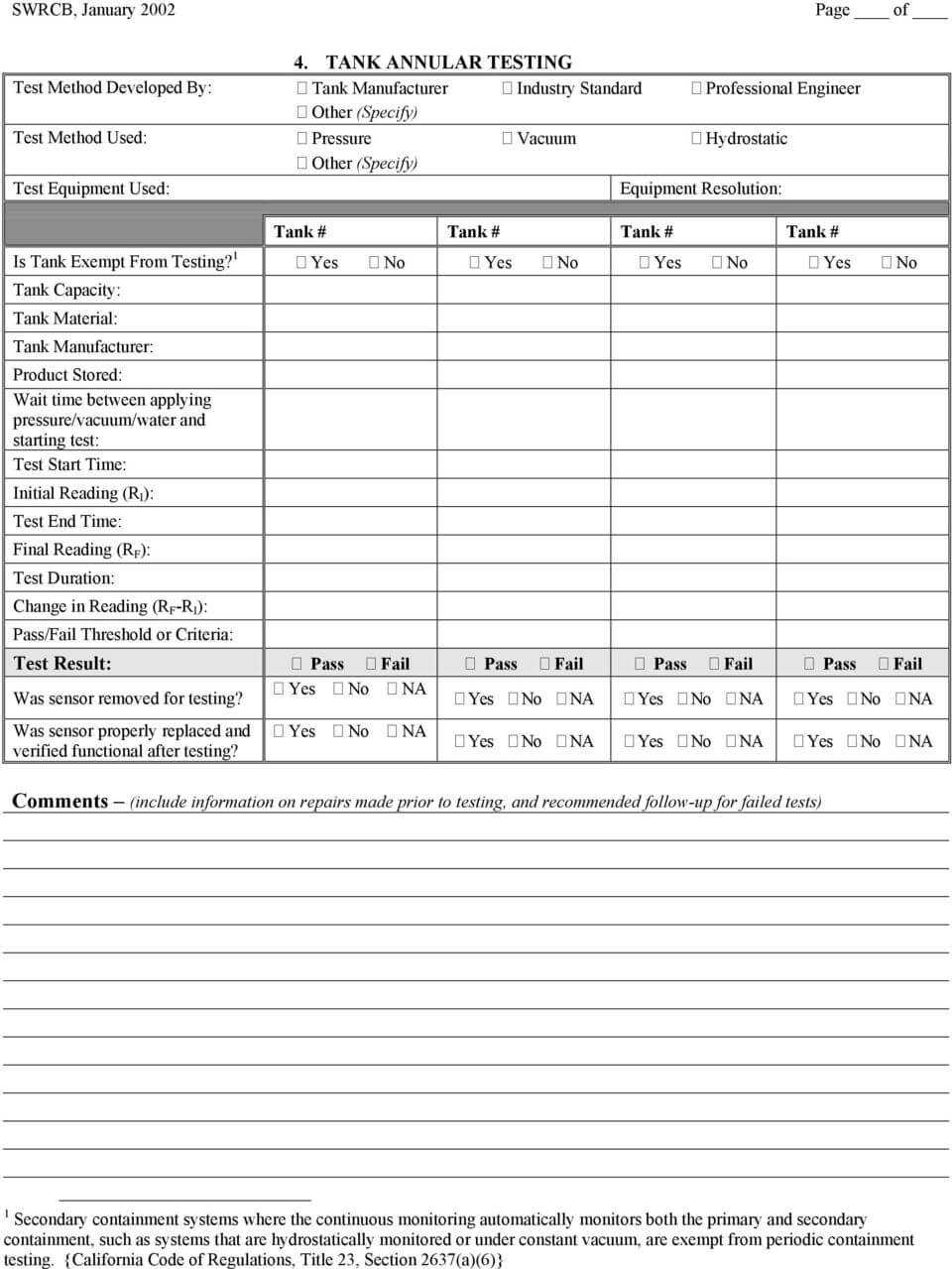
/93097679-56a73c295f9b58b7d0e81657.jpg)
/testing-water-pressure-in-your-home-2718692-hero-98f45508ca5d44b6b551034ac5cedab5.jpg)
:max_bytes(150000):strip_icc()/testing-water-pressure-in-your-home-2718692-04-c37ab3236d0d4b61b87079ebf9ef823e-c1e1ef0104fb44778a287bd9bb5ec140.jpeg)
:max_bytes(150000):strip_icc()/the-men-s-hand-opens-the-ball-valve-on-the-collector-1006810456-5c5fc73fc9e77c000159c4af.jpg)

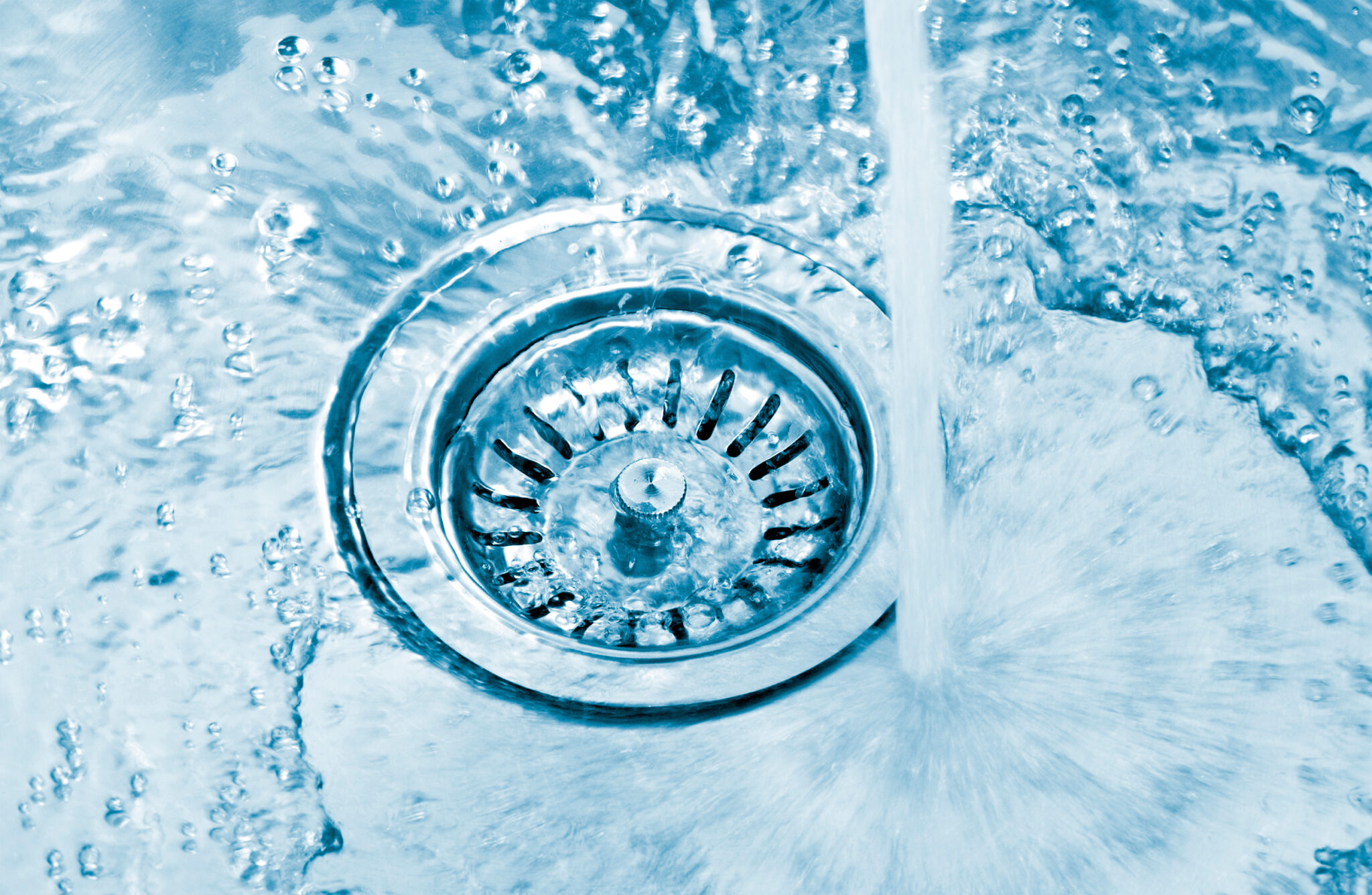

/JodiJacobson-waterpressure-5b9bf850c9e77c0050a2d8aa.jpg)

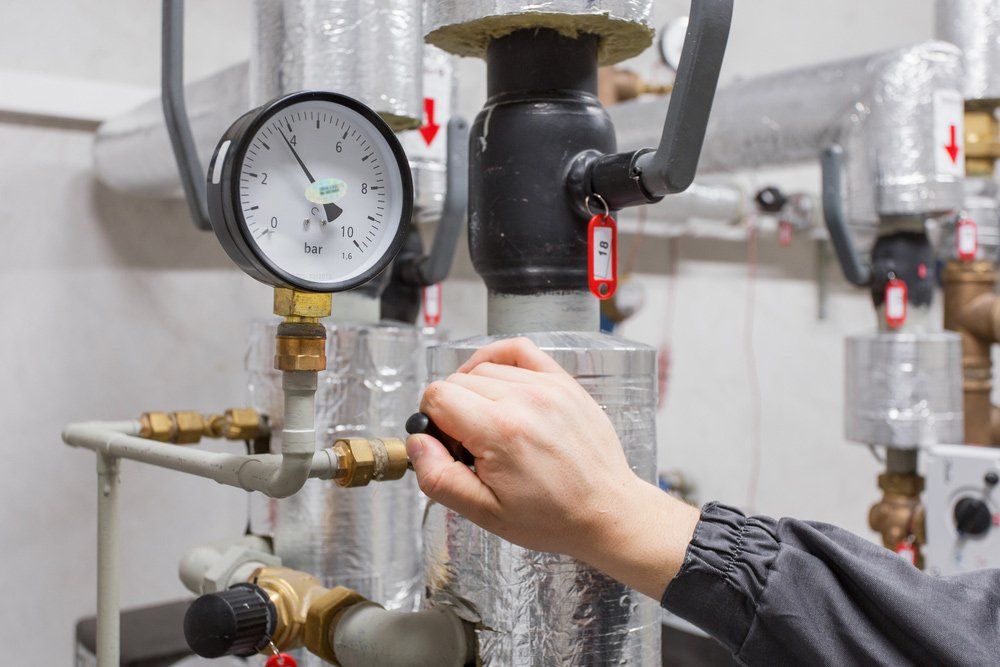



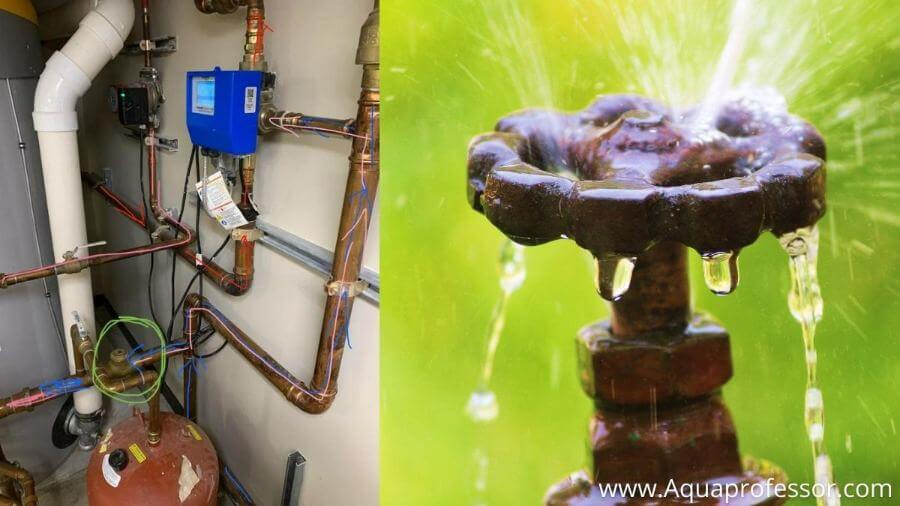
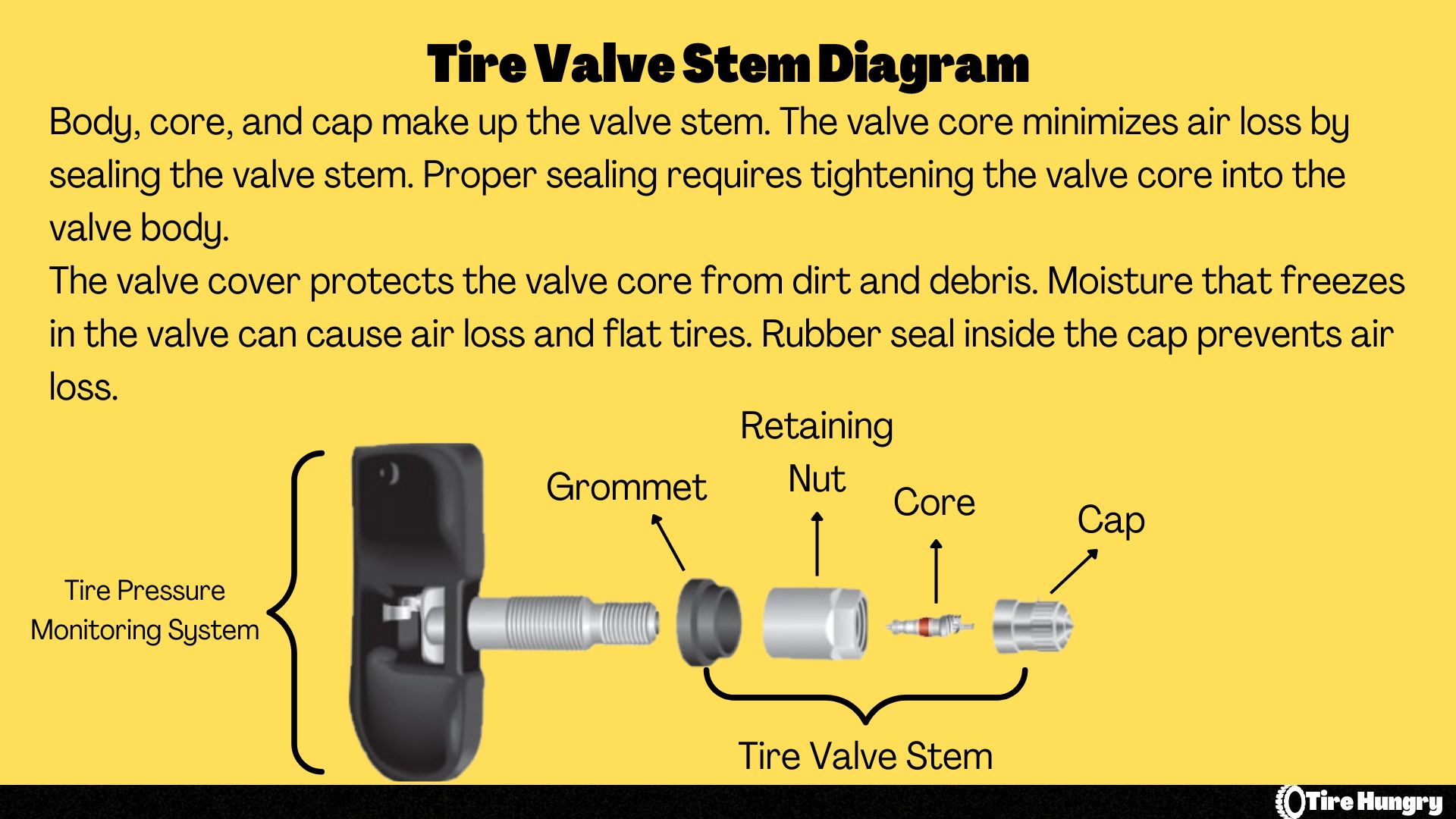
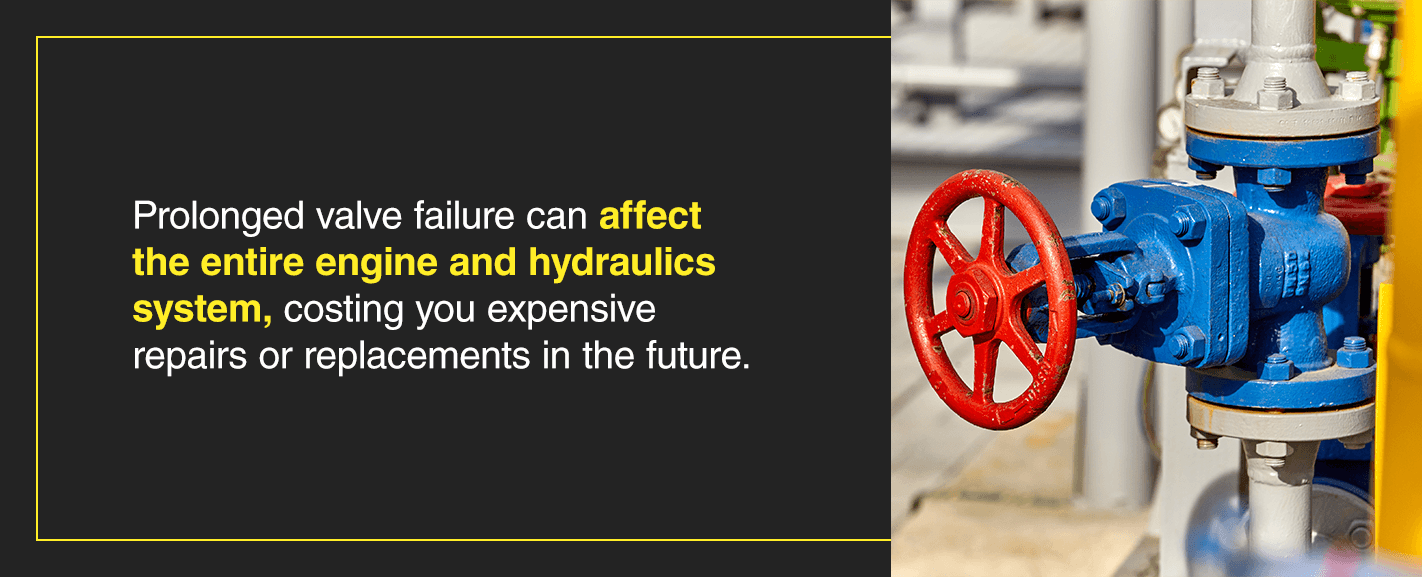
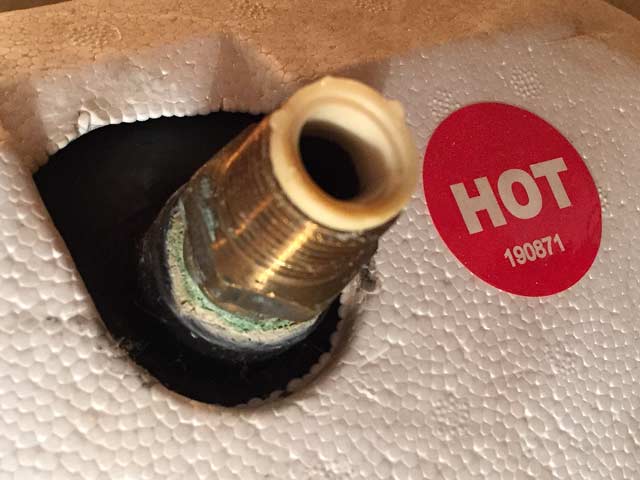







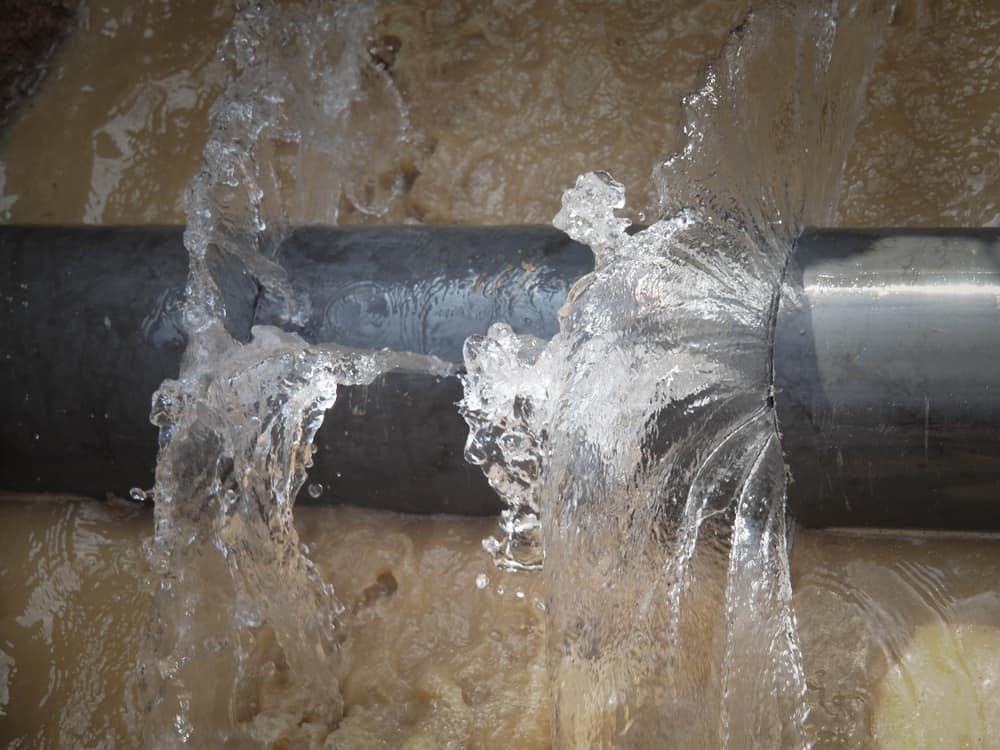


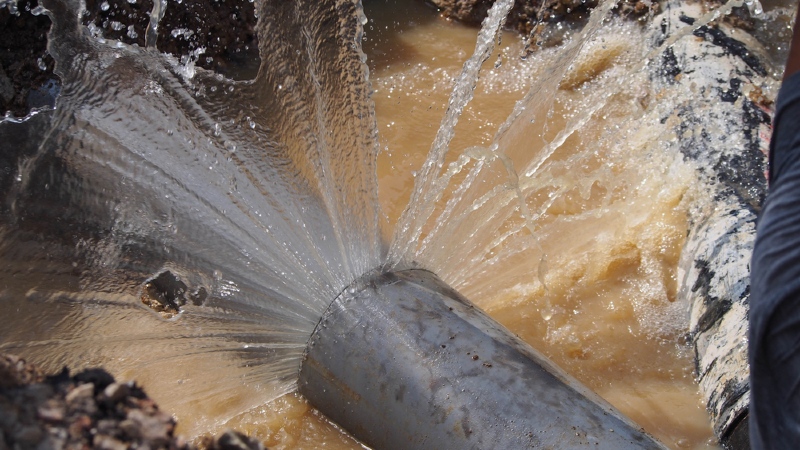
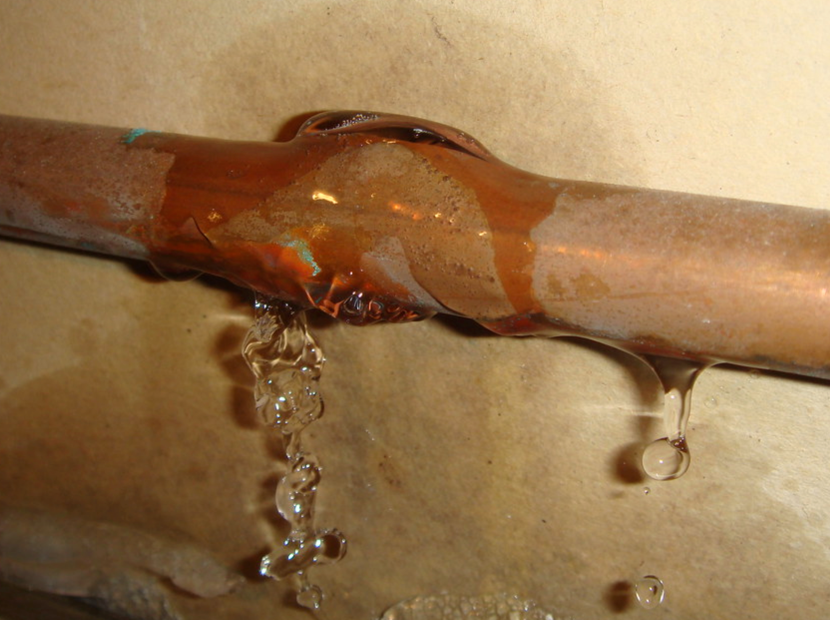



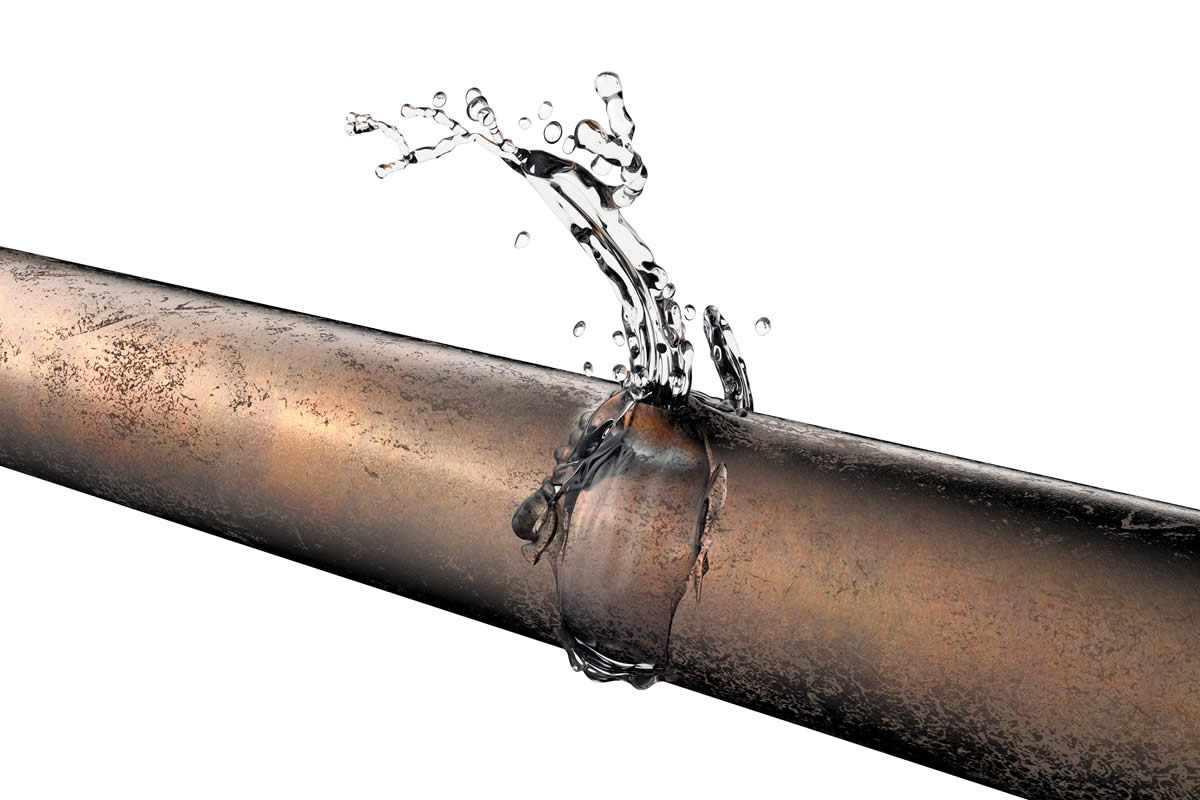







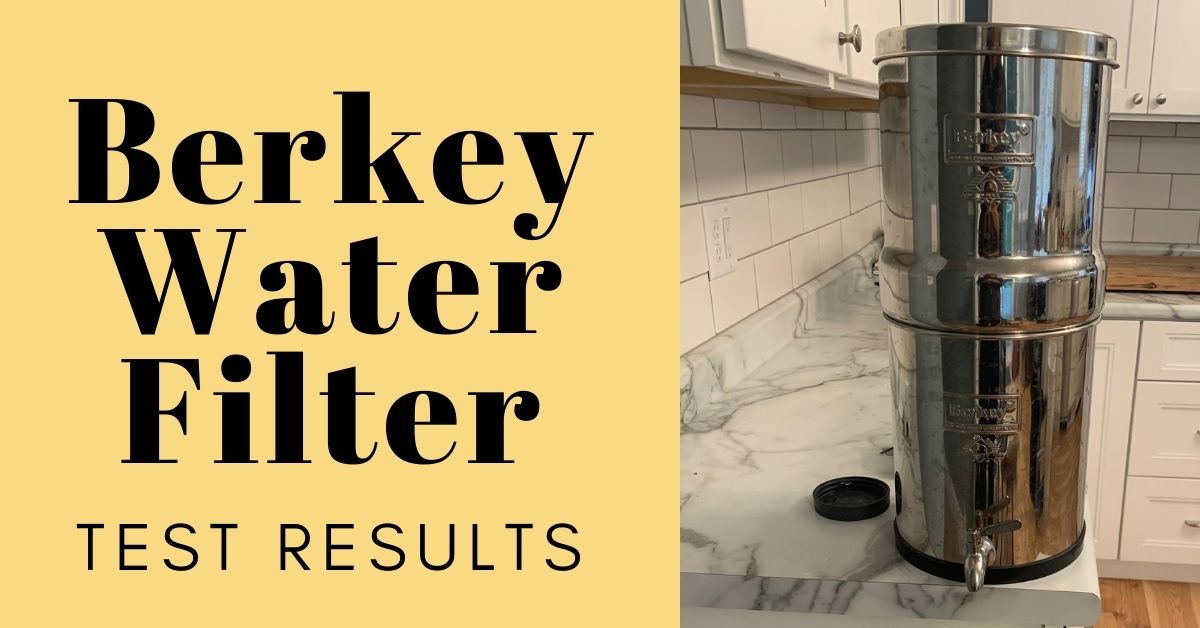
/cdn.vox-cdn.com/uploads/chorus_image/image/63879746/WaterFilter_2.0.jpg)
